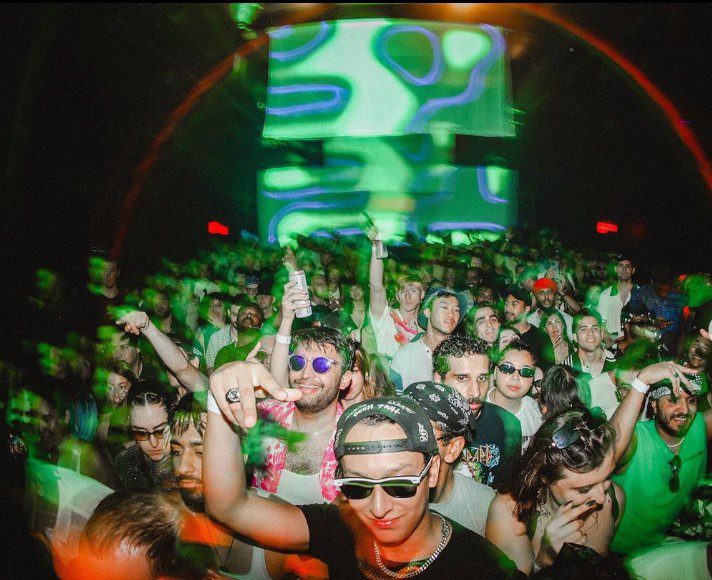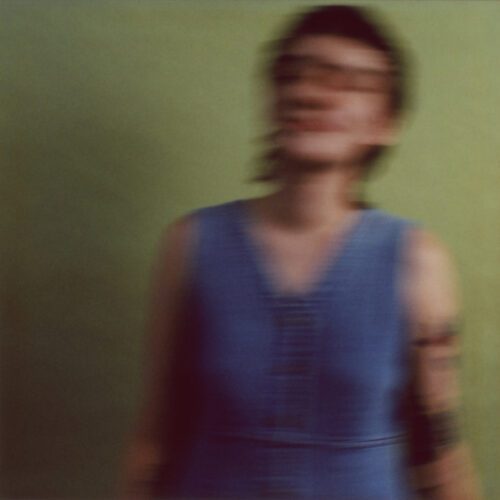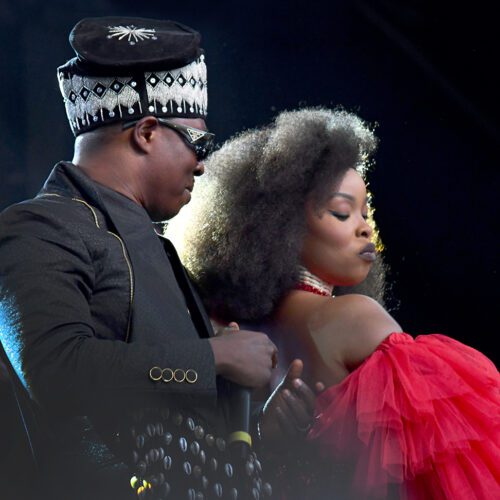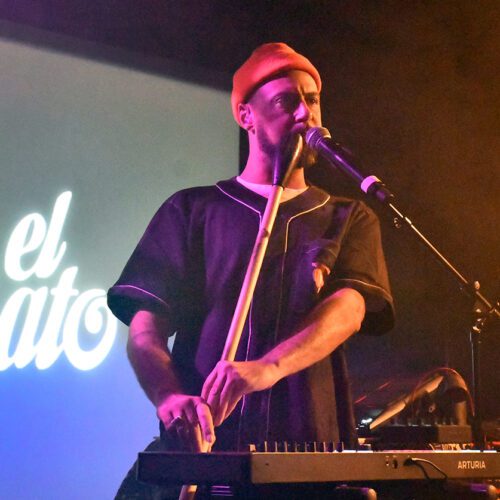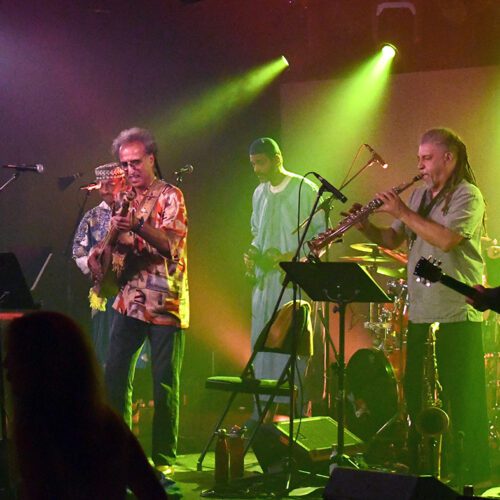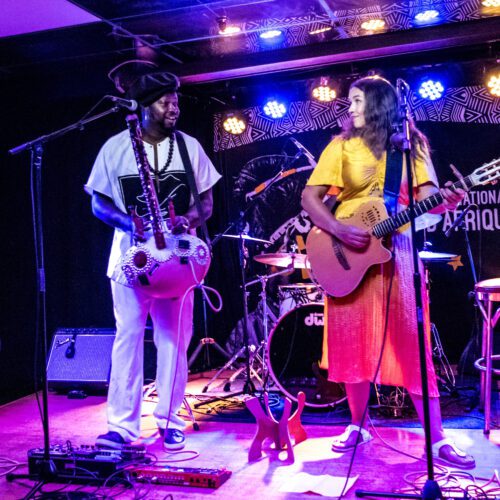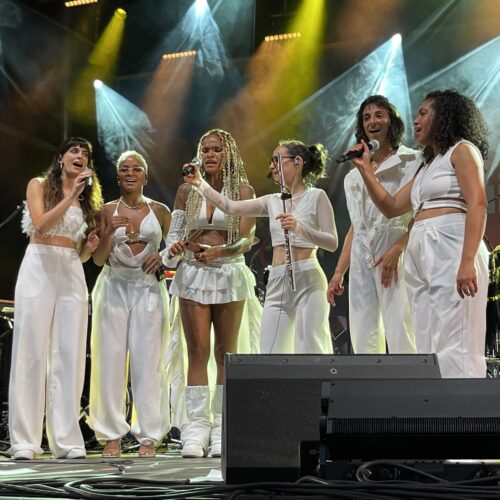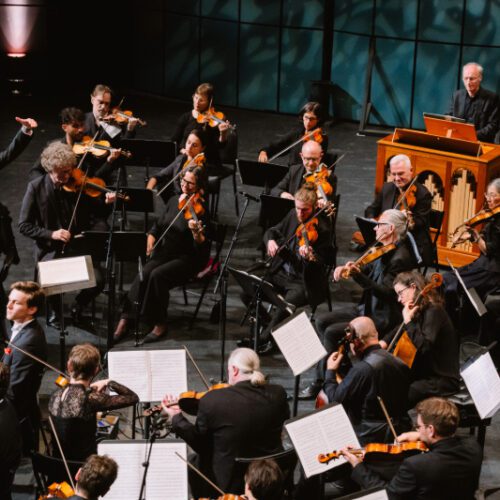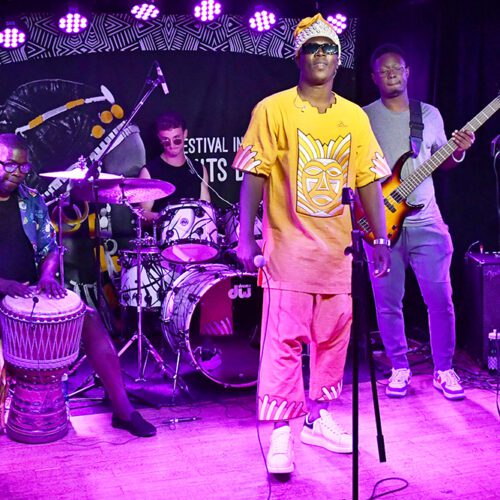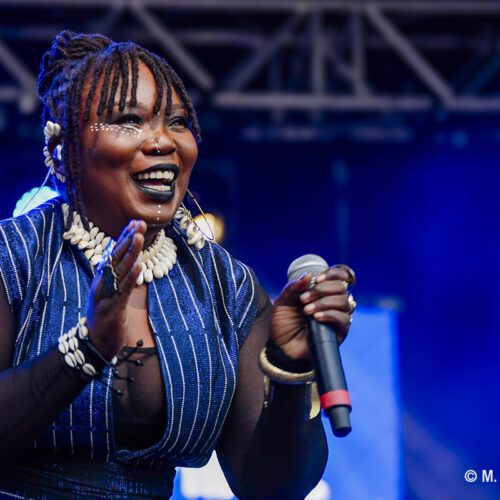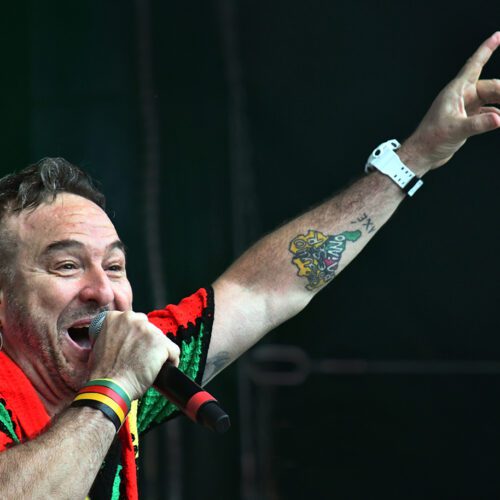4. When Music, History and Politics are intrinsically linked
The Arab population makes up 20.6% of visible minorities in Greater Montreal, ranking 2nd after the black population, which is close to 30%. Visible, they say? Perhaps not so much. The fact is that they are poorly represented in many areas of society, including the electronic music scene.
And yet, Swana electro artists are on a roll in every major metropolis in the world! Montreal, however, is no exception to the trend. The city is full of little treasures, but they are more often acclaimed abroad or outside the province than on the island. Their visibility in the media or on the big stages or at major events is still rather minimal here.
With this feature by our contributor Salima Bouaraour, PAN M 360 shines the spotlight on this thriving pool of artists involved in the development of Montreal’s cultural and nightlife scene, as well as promoting and defending the values of equality, justice, creativity, inclusivity and the celebration of Arab beauty.
Arab immigration to Canada goes back a long way. The first arrival from Lebanon was recorded in 1882! In Montreal, the Algerian community is second only to that of Haiti, followed by Italy, France and Morocco.
Nevertheless, if we dare evoke the term “Arab community”, we need to redefine what the term “ARAB” alone encompasses: North Africa? Near East? Middle East? All faiths? Linguistic mosaic? Cultural diversity? To this, we add the more commonly used and highly relevant term “Swana”, which is more in tune with post-colonial reality.
In the end, if we want to stay focused on our subject, we’ll limit ourselves this time to their involvement in the Montreal electronic music scene and their anchoring point on the extra muros scene.
Nevertheless, “the integration of artists from immigrant backgrounds (long or recent) and Quebec-born racialized artists into the cultural milieu can certainly contribute to social cohesion and an inclusive collective imagination, i.e., an embodied way of living together. However, it is regrettable to note that so-called “artists of diversity” are all too seldom mentioned when it comes to professional practice, and that so-called “citizens of diversity” are all too often perceived as needing mediation. Full recognition of so-called diversity artists, as well as fair and adequate diverse representation at all institutional, decision-making, administrative and creative levels.” (City of Montréal)
This is something that is more than necessary, if not urgent to implement in concrete terms. This is how the City of Montreal’s cultural development policy was determined in 2017, following the publication of a brief on artistic diversity. It’s all about living and working together as equals.
Moreover, this specific notion of the “need for mediation” implies that individuals from ethnic groups would need to be somehow referred to and benefit from benevolence, often tinged with a neo-colonial paternalism if clumsily conducted by individuals from the so-called “white” population. The report also calls for a review of semantics, which is in fact detrimental to positive action, since they create an invisible but definitely palpable secession between “Them and Us”, “Them and the Others”.
As a result, “The presence of Montreal’s diversity in this way, allowing everyone to recognize and identify with both the structures and the narratives created, would undoubtedly serve to create a real way of living together”. (City of Montréal)
The debate on this issue is indeed a broad and massive one, bringing us back to our subject: the representation of Arab artists on the electro scene in Montreal. It is imperative to renegotiate, collectively and in the wider public arena, the image we have of them and the way society perceives and conceives them, not to mention their involvement at every level. Music and art, in their very essence, are strong vectors of integration at the heart of society.
Because of their longstanding presence in Canada and their representative demographic weight in Montreal, Arab artists on the electro scene have the legitimacy to recognize themselves in all facets of society, and to benefit from the same opportunities, whether in terms of programming, professional opportunities, decision-making positions or influence in the public arena.
As a result, the spotlight needs to be more multidirectional, in order to rectify the situation and trigger positive concrete action so that “THEM and OTHERS” become a substantial WE.
